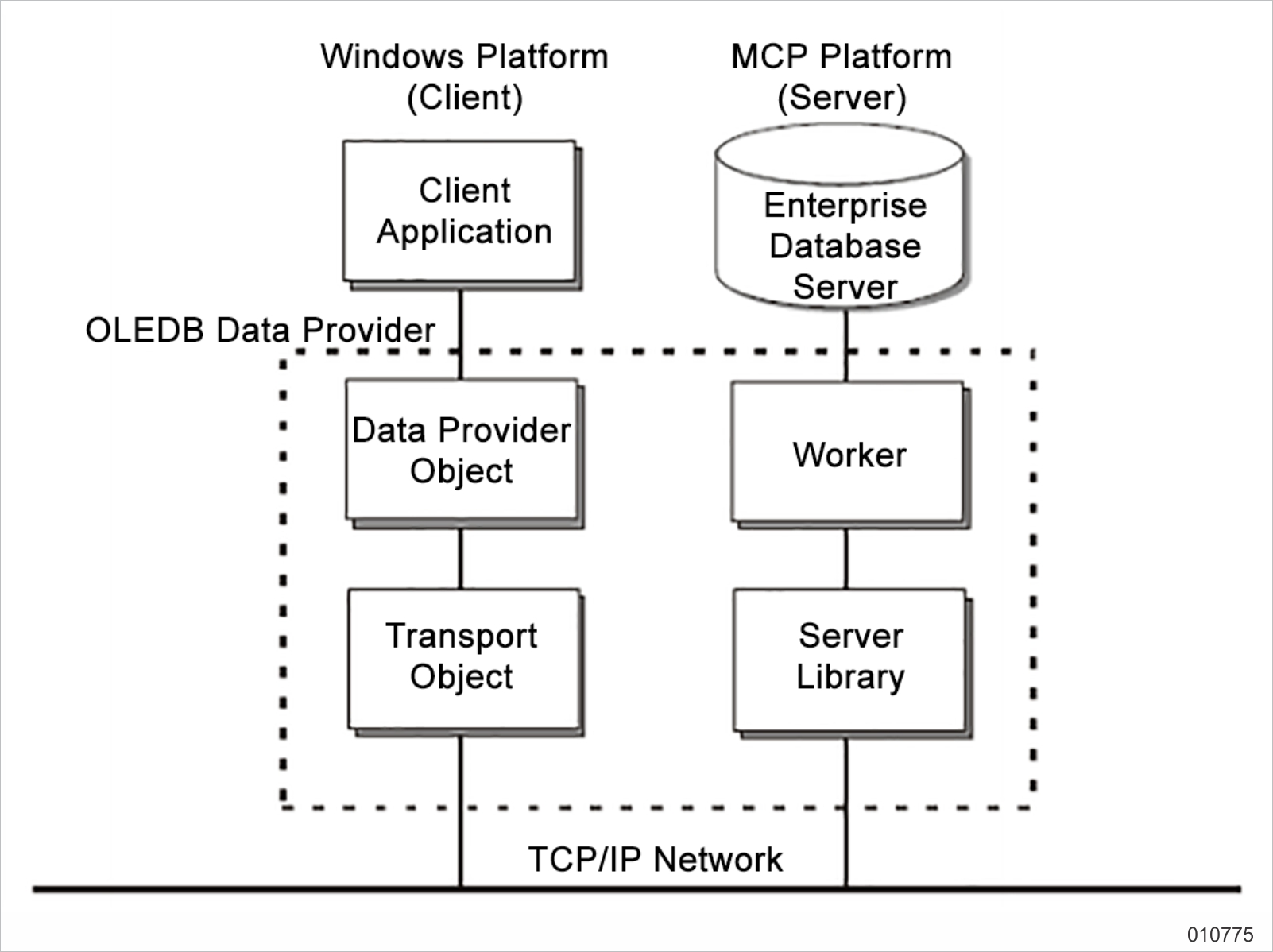The Benefits of Using a Cloud-Based Database Provider
The Benefits of Using a Cloud-Based Database Provider
Blog Article
Key Attributes to Look for When Picking a Data Source Company
Choosing a database service provider is an essential choice that can substantially affect your organization's procedures and information administration method. Among the essential attributes to think about are scalability choices, which make sure that your system can adjust to growing demands.
Scalability Options
When selecting a database provider, comprehending scalability choices is critical to guaranteeing that the picked service can accommodate future development. Scalability refers to the ability of a database system to broaden its capability and performance in action to enhanced need. There are 2 primary kinds of scalability: straight and vertical.
Upright scalability, or "scaling up," involves boosting a solitary server's sources, such as CPU, RAM, or storage. This method can be cost-effective and uncomplicated for smaller applications yet may get to a limit where better upgrades are as well pricey or impractical.
Horizontal scalability, or "scaling out," entails adding a lot more servers to disperse the lots. This approach enables better versatility and can suit significant increases in data quantity and individual website traffic (database provider). It is especially helpful for cloud-based data source options that can dynamically assign sources based on need

Safety Steps

When assessing security measures, take into consideration the execution of security procedures (database provider). Data-at-rest and data-in-transit file encryption are important to guarantee that sensitive details stays secured, even in the occasion of a protection violation. Additionally, look for carriers that use strong verification systems, such as multi-factor authentication (MFA), to further boost gain access to control
Regular safety audits and compliance with market requirements, such as GDPR or HIPAA, are indicative of a provider's dedication to data defense. Moreover, ask about their event response strategy; a durable plan can minimize the impact of any kind of potential protection case.
Performance Metrics
Evaluating efficiency metrics is essential for organizations to guarantee that their selected database carrier meets operational requirements. Secret efficiency metrics include response throughput, scalability, and time, which collectively figure out the efficiency of data source procedures under varying tons.
Response time is vital, as it mirrors how swiftly the data source can refine queries and return results. Organizations must seek metrics that indicate typical action times throughout peak and off-peak hours. Throughput, typically gauged in purchases per 2nd (TPS), provides insight into the data source's capacity to take care of high quantities of requests without performance degradation.
Scalability evaluates the database's capability to expand with the company's demands. A durable data source carrier should demonstrate vertical and horizontal scaling capabilities, allowing for seamless adjustments as needs change. In addition, recognizing latency, specifically in dispersed systems, can assist organizations examine the responsiveness of the database across different geographical locations.
Client Support
Reliable consumer assistance is a foundation of effective data source administration, offering organizations with the aid required to enhance Full Report and deal with issues efficiency. When choosing a data source supplier, examining the level of consumer support they supply is necessary. A robust support group must include numerous channels of interaction, such as phone, email, and live conversation, guaranteeing that customers can access assistance whenever they require it.
Furthermore, responsive support groups that are offered 24/7 greatly improve the reliability of the database solution. Trigger feedback times and efficient resolution of concerns can considerably lower downtime and boost total productivity. It is likewise advantageous to think about the schedule of devoted assistance employees, who can supply tailored help based upon an organization's certain demands.

Prices Structure
When thinking about a data source company, the pricing structure is a crucial element that can substantially affect an organization's budget and overall strategy. A transparent and adaptable pricing design is essential for lining up the data source sets you back with company requirements - database provider. Organizations should assess whether the prices is based upon consumption, per individual, click this or a level price, as each model can produce various economic implications in time
It is very important to analyze any type of extra prices linked with the service provider's solutions, such as information storage space costs, transaction costs, and support fees. Some carriers might offer tiered pricing, allowing scalability as the organization grows, while others may impose stringent restrictions that can come to be pricey as information requirements increase.
Furthermore, organizations ought to think about the long-lasting value of the database service. While lower preliminary prices can be appealing, they may not account for future upgrades, maintenance fees, or integration prices. Performing a thorough cost-benefit evaluation will certainly aid determine the most appropriate pricing structure that stabilizes support, scalability, and performance, ultimately guaranteeing that the selected data source carrier straightens with the organization's functional and monetary objectives.
Verdict
In verdict, choosing a database provider demands cautious consideration of numerous important functions. Scalability options make certain versatility to future growth, while durable safety steps guard sensitive information. Reviewing performance metrics makes it possible for the recognition of efficient data sources, and available consumer support boosts the overall customer experience. A transparent rates structure better adds to educated decision-making. By completely assessing these aspects, organizations can make calculated choices that line up with their lasting objectives and functional demands.
Choosing a data source provider is a critical decision that can substantially influence your organization's operations and data monitoring approach.When selecting a database company, recognizing scalability alternatives is crucial to guaranteeing that the selected option can fit future development. When picking a data source carrier, evaluating the level of customer support they offer is vital.When thinking about a data source supplier, the rates framework is an essential visit here aspect that can dramatically influence a company's budget plan and general method. Carrying out a complete cost-benefit evaluation will help identify the most suitable rates framework that stabilizes performance, support, and scalability, inevitably making certain that the chosen database service provider aligns with the company's monetary and operational goals.
Report this page